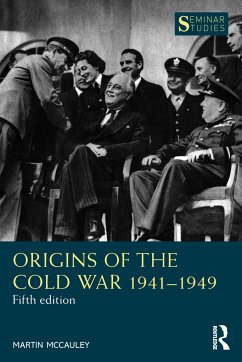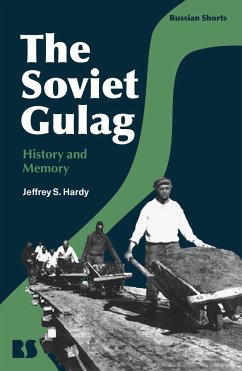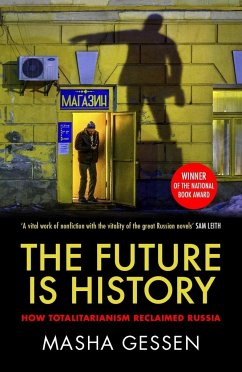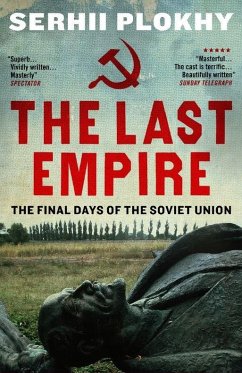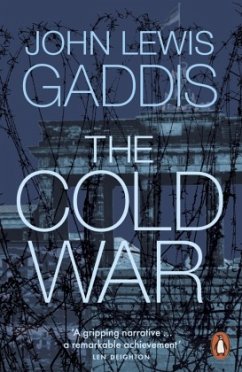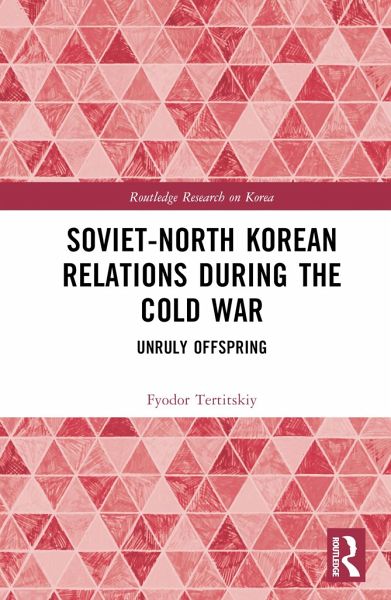
Soviet-North Korean Relations During the Cold War
Unruly Offspring
Versandkostenfrei!
Versandfertig in 6-10 Tagen
154,99 €
inkl. MwSt.
Weitere Ausgaben:

PAYBACK Punkte
77 °P sammeln!
This book explores Soviet-North Korean relations during the Cold War (1945-1991).Based on many primary documents and sources (including Russian and Korean), it reveals how the influence of the Soviets on Pyongyang diminished during the course of the Cold War, from overwhelming at the time of the foundation of North Korea to negligible at the time of the collapse of the USSR. The book delves into the early history and foundation of North Korea, the August Plenum and the strategy employed by the Democratic People's Republic of Korea (DPRK) in the Sino-Soviet split. It covers topics previously ne...
This book explores Soviet-North Korean relations during the Cold War (1945-1991).
Based on many primary documents and sources (including Russian and Korean), it reveals how the influence of the Soviets on Pyongyang diminished during the course of the Cold War, from overwhelming at the time of the foundation of North Korea to negligible at the time of the collapse of the USSR. The book delves into the early history and foundation of North Korea, the August Plenum and the strategy employed by the Democratic People's Republic of Korea (DPRK) in the Sino-Soviet split. It covers topics previously neglected in previous studies on North Korea, such as the preparation and waging of the Korean War, Kim Il-sung's road to political independence, the widespread mockery of North Korean propaganda by Soviet citizens and the Soviet origins of the design of the North Korean flag.
This book will be a valuable resource to students and scholars of North Korea, Russian Studies, the Cold War and Communism.
Based on many primary documents and sources (including Russian and Korean), it reveals how the influence of the Soviets on Pyongyang diminished during the course of the Cold War, from overwhelming at the time of the foundation of North Korea to negligible at the time of the collapse of the USSR. The book delves into the early history and foundation of North Korea, the August Plenum and the strategy employed by the Democratic People's Republic of Korea (DPRK) in the Sino-Soviet split. It covers topics previously neglected in previous studies on North Korea, such as the preparation and waging of the Korean War, Kim Il-sung's road to political independence, the widespread mockery of North Korean propaganda by Soviet citizens and the Soviet origins of the design of the North Korean flag.
This book will be a valuable resource to students and scholars of North Korea, Russian Studies, the Cold War and Communism.





